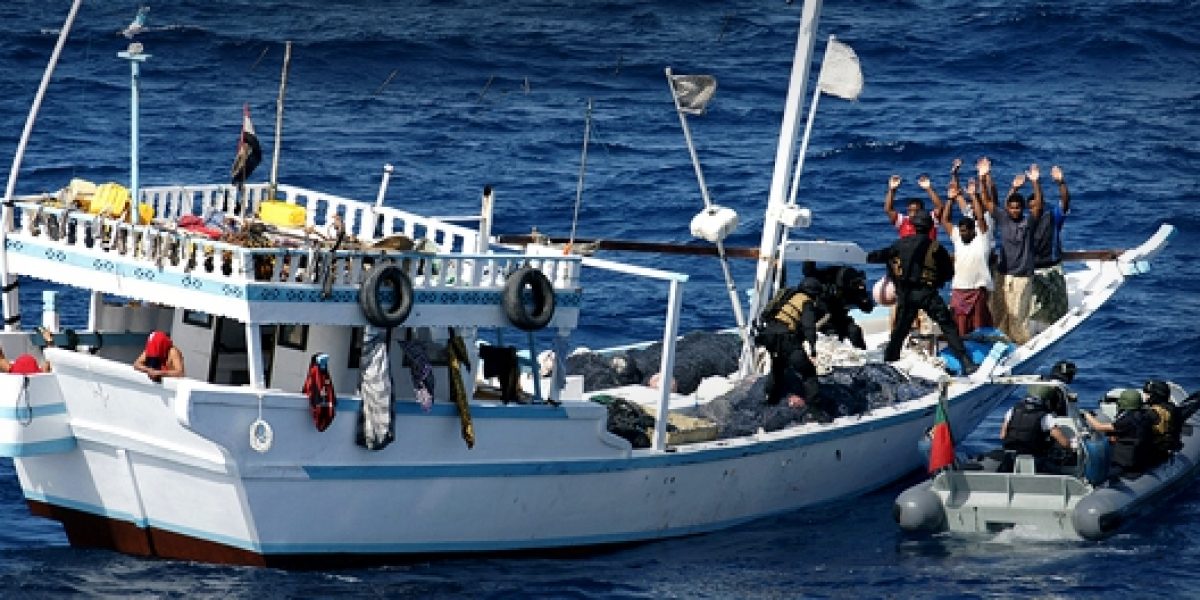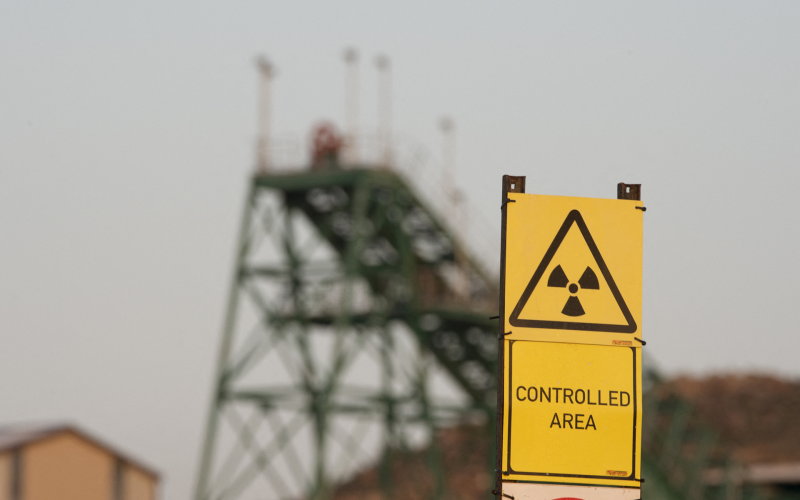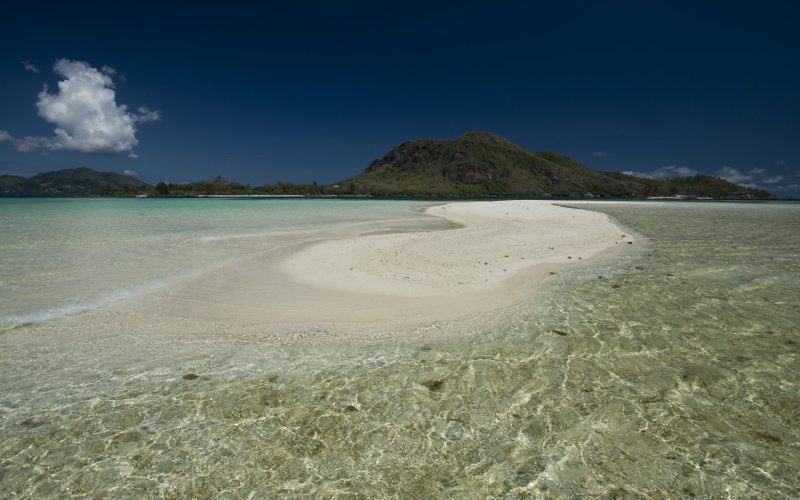The international response to Somalia-based piracy has been comprehensive, including political efforts through the United Nations Security Council and the Contact Group on Piracy off the Coast of Somalia (CGPCS), best practice guidelines developed by the shipping industry, operational and intelligence cooperation among numerous naval forces, and the increasing role of private security firms in protecting vessels from attack. Counter-piracy maritime forces from the European Union (Atlanta), NATO (Ocean Shield) and the Combined Maritime Forces (Combined Task Force 151), as well as naval counter-piracy missions from several individual states such as India, China, Indonesia, Japan, the Republic of Korea, Malaysia, Pakistan and Russia have cooperated in the West Indian Ocean. During 2012 there were between 21 and 30 vessels engaged in counter-piracy efforts off the coast of east Africa and the adjoining areas at any given time.
Efforts have also increasingly focused on addressing the illicit financial flows associated with piracy, the prosecution of captured pirates, and the targeting of alleged pirate kingpins such as Mohamed Abdi Hassan, who was arrested by Belgian police in a sting operation in October 2013. The decline in attacks has been dramatic: during the first nine months of 2012, 99 attacks took place, while during the first nine months of 2013 only 17 attacks occurred. The last large commercial vessel to be successfully hijacked by Somali pirates was the MT Smyrni, captured in May 2012.
In the Gulf of Guinea, however, piracy attacks have increased significantly. In 2012, West African piracy attacks for the first time exceeded those off the Horn of Africa, with 966 sailors attacked in West Africa against 851 off the Somali coast. The tactics employed by pirates in West Africa differ from those of Somalia-based pirates. The term piracy covers a range of illicit activities perpetrated in domestic and international waters, ranging from ‘robbery at sea’ targeting equipment and the personal valuables of crew members to hijacking for ransom and the theft of high-value cargo. It should be noted that, according to international law and the definition of piracy provided by the United Nations Convention on the Law of the Sea (UNCLOS), the term “piracy” relates only to criminal acts committed on the high seas; when such acts are perpetrated within a state’s territorial waters they are referred to as armed robbery against ships. This article, however, employs the wider definition of piracy formulated by the International Maritime Bureau which includes acts that fit the UNCLOS definition of piracy even if they occur in territorial waters.
The vast majority of attacks by Somalia-based pirates have targeted yachts and large commercial vessels with the aim of securing ransom payments. Attacks generally take place while vessels are underway and may occur a great distance from shore, up to 1500 nautical miles. Such attacks are made possible through the use of larger supply vessels or ‘mother ships’, which are used as a base from which smaller crafts can attack passing vessels. While the crews of captured vessels may be ill-treated and forced to endure difficult conditions, serious injury or murder of crew members is rare as pirates rely on the vessel’s crew to navigate the ship to a port on the Somali coast, while crewmembers also represent an opportunity to extract further ransom payments.
Incidents of kidnapping and hijacking of vessels for ransom do occur in the Gulf of Guinea, but the recent surge in attacks has largely been driven by efforts to secure valuable cargoes of refined petroleum products. Such attacks generally take place within 120 miles from shore, within the territorial waters of West African states, and rely on the extensive illicit networks that have developed around land-based illegal oil bunkering, particularly in the Niger Delta. In 2012 seven incidents of oil theft by pirates were reported, with $2-$6 million of refined petroleum products stolen during each incident.
The rise of West African piracy underlines the challenges faced in the development of Africa’s “blue economy”. In her opening address at the recent Mo Ibrahim Foundation Forum, African Union Chairperson Dr. Dlamini Zuma argued that “to the Green Economy, we must add the Blue Economy, namely maritime resources and all the economy around the maritime industry”. The concept includes not only shipping and marine oil and gas reserves, but also fisheries, conservation, tourism and emerging industries such as seabed mining. In December 2012 African Ministers in charge of maritime affairs adopted the 2050 Africa’s Integrated Maritime Strategy (AIMS), which seeks to establish a platform for a coordinated response to the challenges and opportunities presented by Africa’s blue economy. The AIMS includes an assessment of threats and vulnerabilities in Africa’s maritime domain which highlights a range of transnational organised crimes that occur in Africa’s territorial waters and the adjoining high seas, including money laundering, illegal arms and drug trafficking, piracy and armed robbery at sea, illegal oil bunkering/crude oil theft, maritime terrorism and human trafficking.
A key aspect of the AIM strategy is strengthening Africa’s capacity to address maritime security concerns within its maritime domain. While the response to Somali piracy has been led by international institutions and various global powers, there has been a strong regional approach to addressing piracy in the Gulf of Guinea. West African heads of state gathered in Yaoundé, Cameroon, in June 2013 for a summit on maritime safety and security in the Gulf of Guinea. The summit agreed on the establishment of an Inter-regional Coordination Centre on Maritime Safety and Security for Central and West Africa to be headquartered in Yaoundé, and the adoption of a Code of Conduct on the repression of piracy, armed robbery and other illicit maritime activities in West and Central Africa. West African states are also currently developing an ECOWAS Integrated Maritime Strategy, aligned with the AIMS. Nigeria and Benin, the two West African states most affected by piracy, have signed a bilateral agreement for combined patrols. The Nigerian navy recently took delivery of four new patrol craft and has reported that 14 vessels have been apprehended in the past ten months while engaged directly or indirectly in acts of piracy.
Despite the progress made in combating piracy in both the West Indian Ocean and the Gulf of Guinea, significant challenges remain. A recent World Bank study noted that Somali-based pirates are estimated to have received between $339 million and $413 million in ransom payments during the period 2005-2012. “Considering the amounts already collected by pirate financiers until the end of 2012, pirates’ capacities to conduct operations are probably far from declining,” the report observes. “In that sense, the declining activity of pirates at sea may well be only a temporary break.” Emmanuel Ogbor, the Chief of Policy and Planning of the Nigerian Navy, noted at the recent Maritime and Coastal Security Africa conference that West Africa also continues to face challenges in its efforts to curb piracy, particularly the lack of capacity to gather timely intelligence about pirate or other illegal activities in the maritime domain and the lack of information sharing and inter-operability amongst countries in the region.
The increasing role of private security firms in protecting vessels from pirate attacks has also raised concerns regarding rules of engagement on the use of force at sea. Anti-piracy efforts in Africa’s territorial waters and adjoining high seas should be led by the African Union, African regional bodies such as ECOWAS, and national African naval forces.
However, mounting an effective African response to maritime security concerns will require not only the strengthening of African naval capability but also increased cooperation with regards to information sharing and protocols for joint operations.







